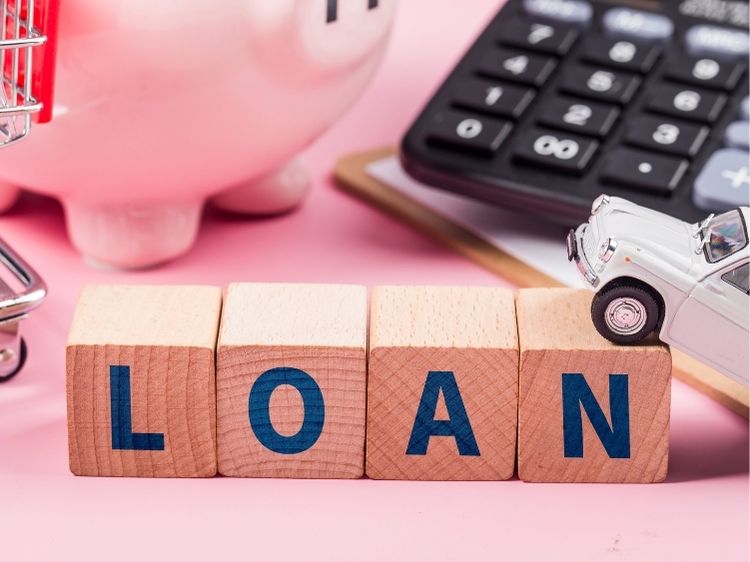What Are FHA Loans?
If you’re looking to buy a home but don’t have a huge down payment saved up, FHA loans might be your golden ticket. Backed by the Federal Housing Administration (FHA), these loans are designed for first-time buyers and those with less-than-perfect credit. They offer lower down payments, flexible credit score requirements, and more manageable terms compared to conventional loans.
So, what’s the catch? To qualify, you need to meet specific FHA loan requirements. But don’t worry—this guide will break them down for you step by step.
Key FHA Loan Requirements
1. Credit Score Requirements
Your credit score plays a massive role in qualifying for an FHA loan. Here’s the breakdown:
- 580 or higher: Qualifies you for a 3.5% down payment.
- 500–579: Requires a 10% down payment.
If your credit score is below 500, unfortunately, you won’t qualify. But hey, there’s always time to improve your score!
2. Down Payment Requirements
The FHA is known for its lenient down payment requirements:
- A minimum of 3.5% for those with a credit score of 580+.
- A minimum of 10% for credit scores between 500–579.
Compared to conventional loans, which often require 10–20%, this is a steal.
3. Debt-to-Income (DTI) Ratio
Your DTI ratio measures your total monthly debt payments against your gross monthly income. For FHA loans:
- The front-end ratio (housing expenses) should be below 31% of your income.
- The back-end ratio (all debts) should be below 43%, though some lenders may allow up to 50% in certain cases.
4. Steady Employment and Income
To qualify, you need proof of steady employment for at least two years. Lenders typically request:
- Pay stubs.
- W-2 forms.
- Tax returns.
If you’re self-employed, you’ll need additional documentation, such as profit-and-loss statements.
5. Property Requirements
The property you’re buying must meet specific FHA standards:
- Primary residence only: You can’t use an FHA loan for a vacation home or investment property.
- The home must pass an FHA appraisal to ensure it meets safety, security, and soundness standards.
6. Mortgage Insurance Premium (MIP)
FHA loans require you to pay mortgage insurance premiums:
- Upfront MIP: 1.75% of the loan amount, typically rolled into your mortgage.
- Annual MIP: Ranges from 0.45% to 1.05%, depending on the loan amount and term.
7. Residency Requirements
You must be a U.S. citizen, lawful permanent resident, or have eligible non-resident status.
Why Choose an FHA Loan?
FHA loans come with a slew of benefits, especially for first-time homebuyers:
- Lower down payment: Makes homeownership more accessible.
- Flexible credit requirements: Perfect for those with a less-than-stellar credit history.
- Higher debt allowances: Accommodates those with significant student loans or other debts.
Common Misconceptions About FHA Loans
- Myth #1: FHA loans are only for first-time buyers.
Reality: Anyone can apply, as long as they meet the requirements. - Myth #2: You need perfect credit.
Reality: FHA loans are famous for their leniency in credit scores.
Steps to Apply for an FHA Loan
- Check Your Credit Score
Knowing your score can help you predict your eligibility. - Save for a Down Payment
Even with the FHA’s low-down-payment option, you’ll still need some cash upfront. - Gather Documentation
Collect your W-2s, pay stubs, and bank statements to streamline the application process. - Choose an FHA-Approved Lender
Not all lenders offer FHA loans, so ensure yours is approved. - Get Pre-Approved
Pre-approval gives you a clear idea of your budget and strengthens your offer when house hunting.
FAQs About FHA Loan Requirements
1. Can I get an FHA loan with bad credit?
Yes! With a score of 580+, you can qualify for a 3.5% down payment. Scores between 500–579 require a 10% down payment.
2. Are FHA loans only for single-family homes?
No. You can use an FHA loan for multi-family properties (up to four units) as long as one unit is your primary residence.
3. What happens if my DTI ratio is too high?
You may still qualify, but you’ll likely need compensating factors, such as a larger down payment or strong cash reserves.
4. Is MIP mandatory for the life of the loan?
If you put down less than 10%, yes. With a 10%+ down payment, MIP lasts 11 years.
5. Can I refinance an FHA loan?
Absolutely! FHA loans are eligible for refinancing, including FHA Streamline Refinancing, which simplifies the process.
Final Thoughts
Navigating FHA loan requirements might seem daunting, but it’s entirely manageable with the right preparation. These loans open doors for buyers who might otherwise struggle with stricter requirements. From lenient credit standards to low down payments, FHA loans are a lifeline for many aspiring homeowners.
Start your journey today—your dream home is closer than you think!
Authoritative Links
- HUD FHA Loan Requirements: https://www.hud.gov
- FHA Loan Calculator: https://www.bankrate.com/mortgages/fha-loans/
- FHA Property Standards: https://www.fha.com/fha_requirements

